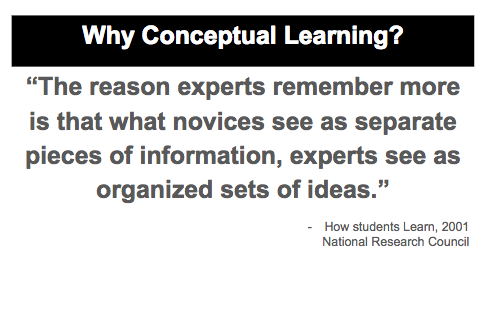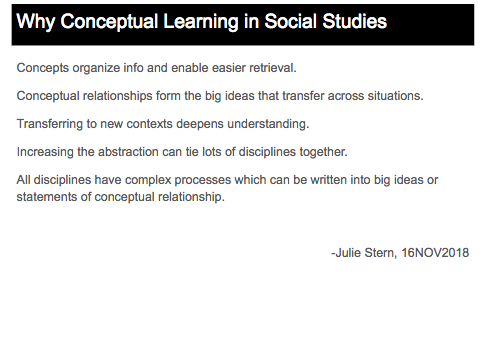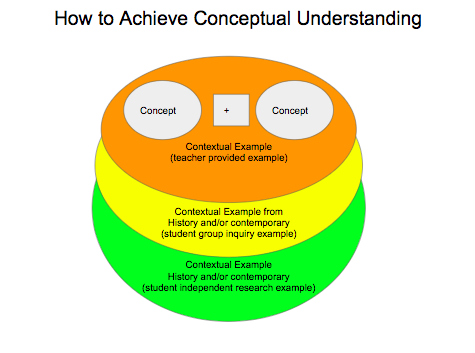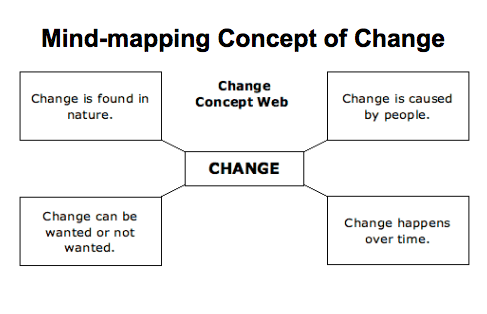|
But first, we will finish up the debate...
Today you will begin to pull together all the "Big Ideas" from what you have studied about conflict through examining 20th Century Conflicts. Task: Choosing two or more of the following concepts, create an argument that details the relationship between the concepts within the context of our investigation of Twentieth Century conflicts. *Macro Concepts: Values/Beliefs, Power, Conflict, Change *Micro Concepts: nationalism, imperialism, militarism, alliances, communism, nazism, fascism, authoritarianism Develop a claim statement based off of one of the following prompts:
On A3 paper, create a concept map on one side; plan your response:
Helpful Links for Today's Class: How to videos & Exemplars:
HW: Complete an outline/plan of your response.PRINT YOUR OUTLINE BEFORE CLASS NEXT PERIOD-- Bring it to class!!!
FAQs for this Summative: How long can my video be? You should aim for 2 minutes (+/- 10% rule) Where/how will I turn this in? You will post your video to SeeSaw Can I use a visual or slide? You may hold up an image, concept map while recording your video-- or-- screencast record a slide if you are doing more of a screencast video rather than recording yourself on screen. Do I have to be visibly in the video? You can either record yourself talking --or-- you can do screencasting. Screencasting will require words, at least one image (could be your concept map) and audio narration. Your audience playing the video needs something to look at. Are there any exemplars I can look at for this? There are not any exemplars for this specific assignment, but there are a couple of exemplars you can look at for what a “vlog” looks like. See the “Helpful Resources” listed above. Comments are closed.
|
Mrs. Stewart's CourseYou'll find a daily agenda posted here for each day that class meets Archives
May 2020
Categories |




 RSS Feed
RSS Feed